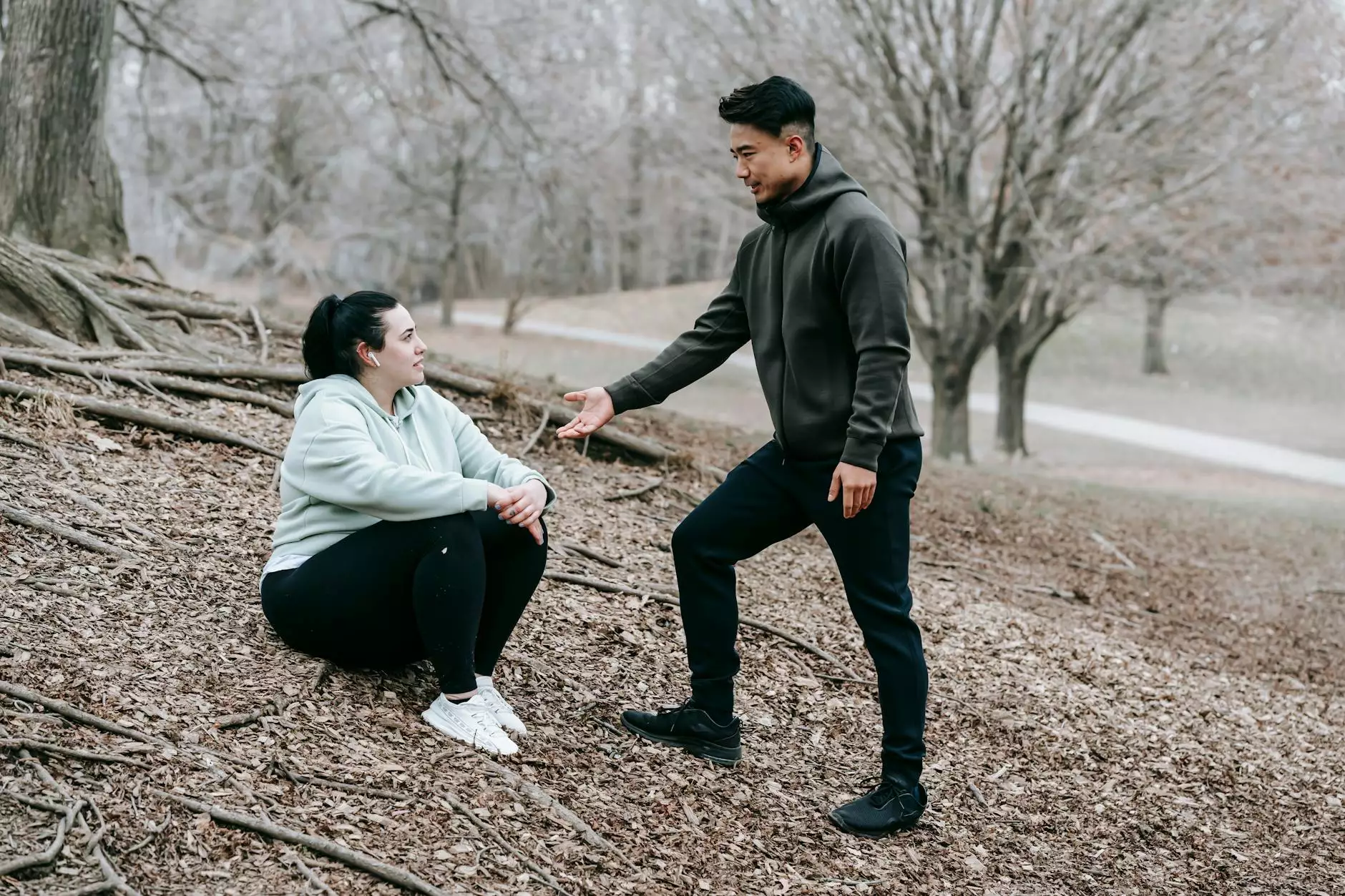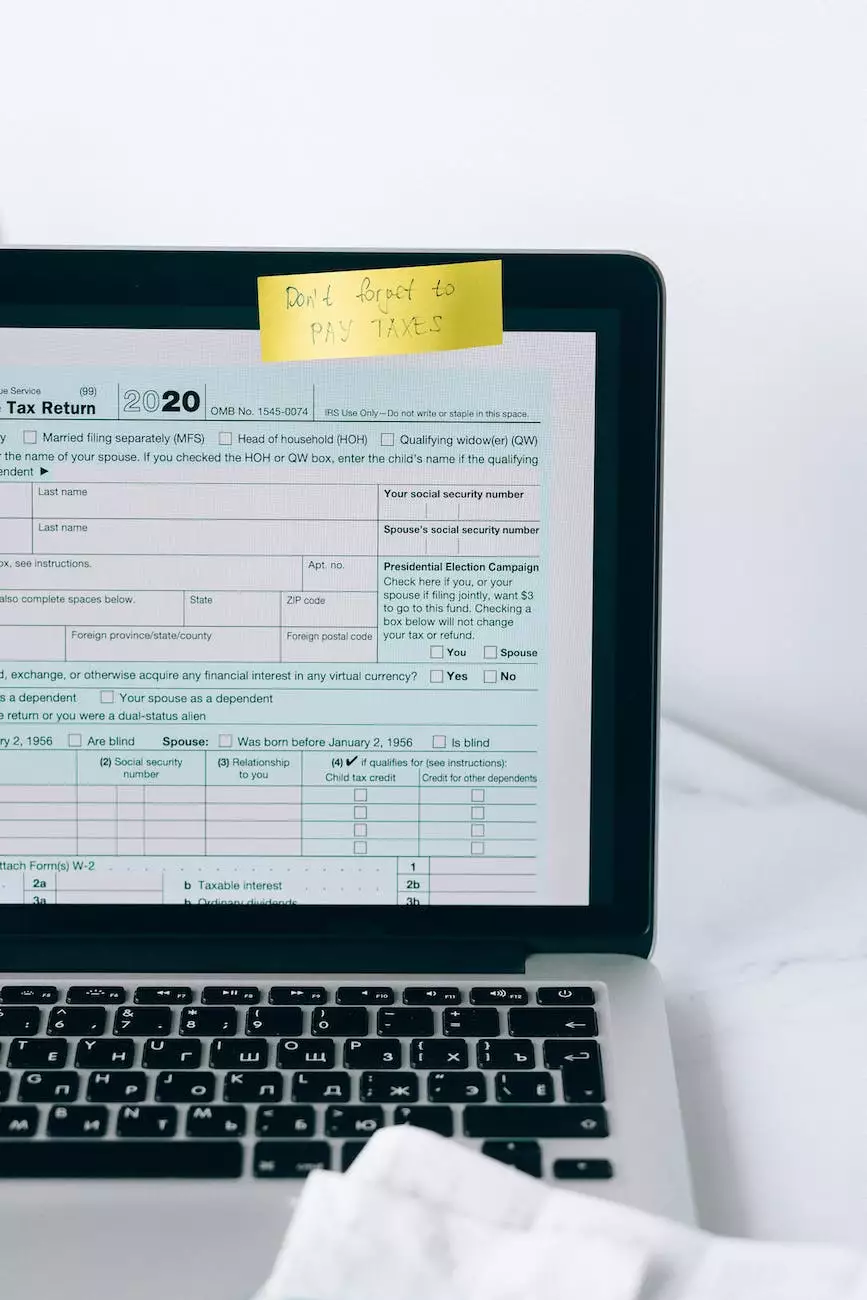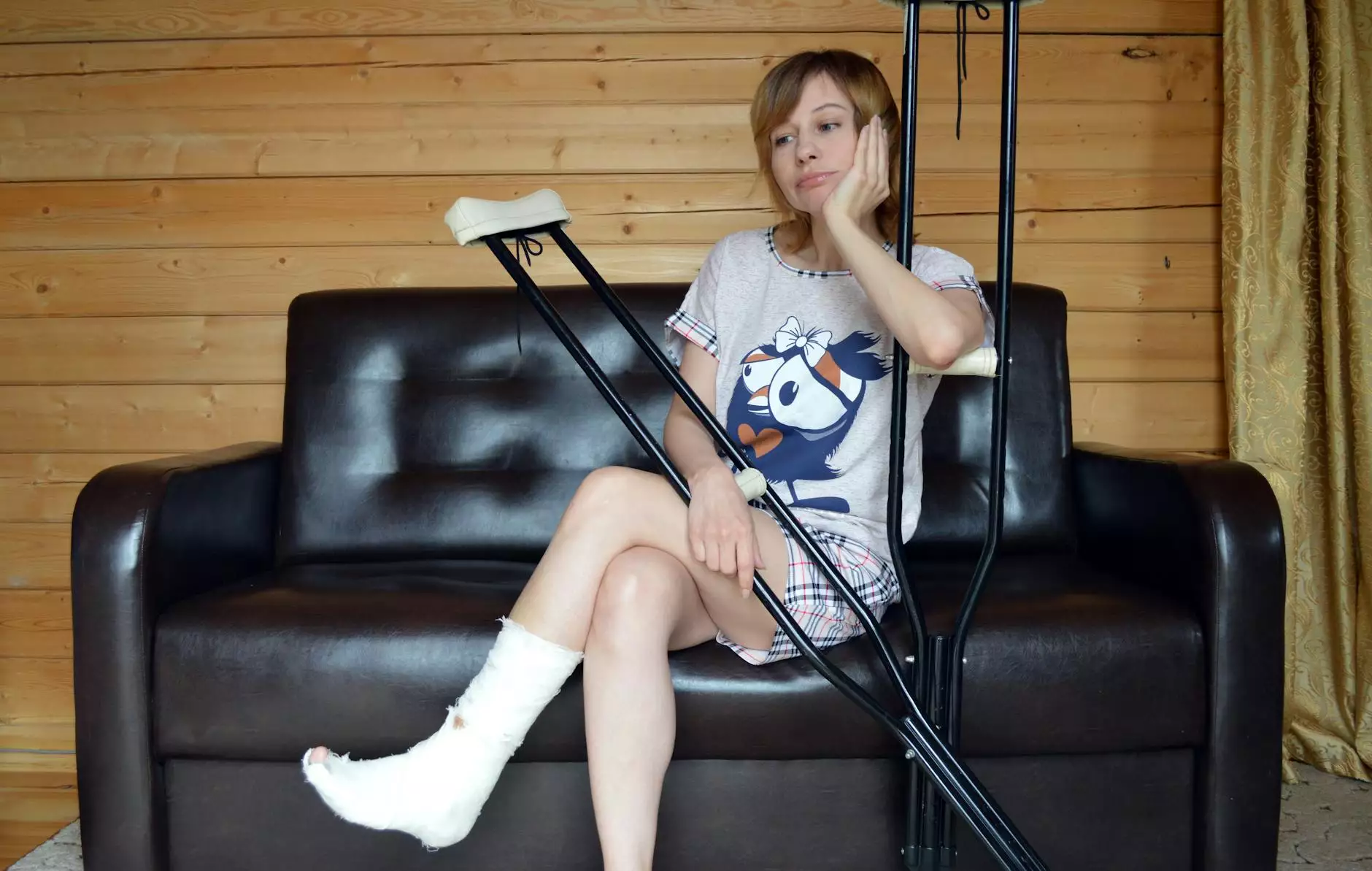4 Ways Nurses Can Ease Patient Anxiety Introduction Welcome to Ageless Wisdom Magazine's comprehensive guide on 4 ways nurses can effectively ease patient anxiety. As the leading source of lifestyle content, we understand the immense importance of promoting holistic healing and improving patient experience. By implementing these powerful techniques, nurses can create a calming environment, establish a strong rapport with patients, and provide necessary support during distressing times. 1. Active Listenin
Health
4 Ways Nurses Can Ease Patient AnxietyIntroduction
Introduction
Welcome to Ageless Wisdom Magazine's comprehensive guide on 4 ways nurses can effectively ease patient anxiety. As the leading source of lifestyle content, we understand the immense importance of promoting holistic healing and improving patient experience. By implementing these powerful techniques, nurses can create a calming environment, establish a strong rapport with patients, and provide necessary support during distressing times.
1. Active Listening and Empathy
In order to effectively ease patient anxiety, nurses must prioritize active listening and demonstrate empathy. By focusing on the emotions and concerns expressed by patients, nurses can make them feel understood and supported. Through active listening, nurses can provide personalized care and address specific anxieties, fostering a sense of trust and comfort.
The Power of Verbal and Non-Verbal Communication
Verbal and non-verbal communication plays a crucial role in easing patient anxiety. Nurses should maintain an empathetic tone, speak clearly, and use simple language to ensure patients fully comprehend their condition and treatment plans.
2. Provision of Information and Education
Patients often experience anxiety due to a lack of information and understanding about their condition or procedure. Nurses can play a vital role in easing anxiety by providing clear and concise information about the situation. This enables patients to make informed decisions and feel more in control of their healthcare journey.
Creating Patient-Friendly Materials
Nurses can enhance patient education by creating visually appealing and easy-to-understand informational materials. This could include brochures, pamphlets, or even digital resources in the form of educational videos or interactive websites. By offering engaging resources, nurses empower patients to actively participate in their healthcare decisions.
3. Promoting Comfort and Relaxation Techniques
Nurses can alleviate patient anxiety by implementing comfort measures and relaxation techniques. This can include creating a soothing environment through dim lighting, calming music, and comfortable furnishings. Additionally, nurses can teach patients various relaxation techniques such as deep breathing exercises, guided imagery, or gentle massages.
Collaboration with Other Healthcare Professionals
To enhance the effectiveness of relaxation techniques, nurses can collaborate with other healthcare professionals, such as psychologists, therapists, or complementary medicine practitioners. This interdisciplinary approach ensures patients receive a comprehensive treatment plan catered to their specific needs.
4. Emotional Support and Holistic Care
Patients experiencing anxiety often require emotional support and holistic care. Nurses can offer a listening ear, validate emotions, and provide reassurance throughout the healthcare journey. By considering the patient as a whole and addressing their psychological, emotional, and spiritual needs, nurses can create a healing environment that promotes overall well-being.
Collaboration with Patient Support Groups
Connecting patients with support groups that focus on their specific conditions can significantly ease anxiety. Nurses can facilitate these connections, providing patients with access to individuals who understand and relate to their experiences. Support groups offer a sense of community, empathy, and valuable insights, fostering a supportive network beyond the healthcare facility.
Conclusion
By implementing these 4 powerful techniques, nurses can effectively ease patient anxiety, improve patient experience, and facilitate holistic healing. At Ageless Wisdom Magazine, we acknowledge the pivotal role nurses play in healthcare and are dedicated to providing the latest insights and resources to support their invaluable work.










